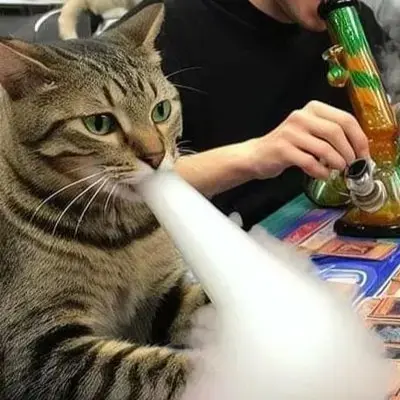On 2 June, at St Mark’s Episcopal church in Washington DC, people packed the sanctuary – elders in denim jackets, seminarians in collars, organizers clutching clipboards. Some had come in from North Carolina; others walked from their homes just a few blocks away. The seats were full, so the crowd lined the aisles and leaned against the red-brick walls beneath stained-glass windows that cast streaks of light across the floor.
It was the first Moral Monday of the summer – a tradition of weekly, nonviolent protest that began in North Carolina in 2013 and now serves as the beating heart of the Rev William Barber’s national movement to end poverty and systemic injustice. “I am not afraid,” the congregation sang.
“There can be no healing of the soul of America without healing the body,” Barber said. “Not while people are starving. Not while they’re uninsured. Not while injustice is passed off as fiscal responsibility.”
Hey could you try to preserve the headline from the original source when sharing links here? Plz and thank youuuuuuuu



